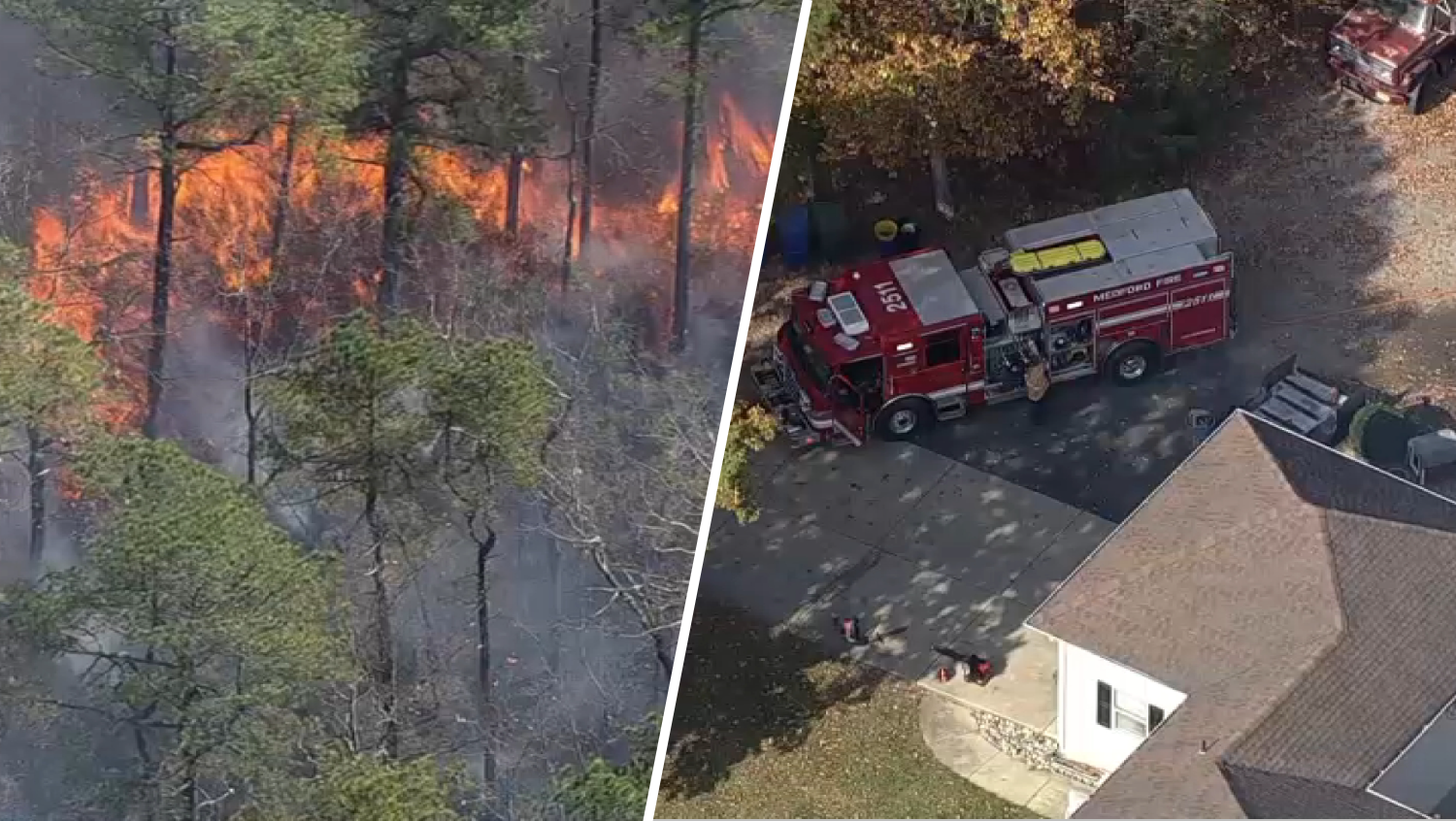If all goes according to plan, Philadelphia's Kensington neighborhood could soon see something of a revitalization.
Mayor Cherelle Parker made the city's poorest neighborhood a focus of her first 100-days in office and City Councilmembers have even got together to create a caucus aimed at improving the neighborhood.
And, these efforts, at least initially, at City Hall, have seen some support from Kensington residents who are looking for ways to turn the neighborhood around.
But, some nonprofit organizations have expressed concern that the plan for Kensington could impact the outreach they do regularly with the area's unhoused community and those facing issues with opioid addiction.
Get top local stories in Philly delivered to you every morning. Sign up for NBC Philadelphia's News Headlines newsletter.
"People wanna come down and help do what they can for the homeless. But, it’s like you’re damned if you do you’re damned if you don’t," Kim Stein with the nonprofit group, Stop the Risk, told NBC10's Miguel Martinez-Valle.
Some community groups that serve Kensington said they're concerned about possibly facing fines for giving food to the hungry without a proper permit. They're also concerned about the possibility of more people in the neighborhood who struggle with addiction being locked up as the Parker administration cracks down on the community.
City Councilmember Quetcy Lozada (D-7th dist.) said these nonprofits shouldn't worry as nothing is changing, however. Instead, she said, the city simply plans to enforce rules that are currently on the books.
Local
Breaking news and the stories that matter to your neighborhood.
"These are not new things that we are putting in place," Lozada said. "We are just now holding people accountable."
Lozada said there are many problems the city is trying to address by enforcing laws and permits for outdoor feeding, including safety and sanitation.
"We need to make sure that if you're coming to feed, you have the appropriate permits and you clean up afterwards," Lozada said. "You know the type of food and that the types of food that you're serving are not going to make others sick."
Earlier this year, city council passed an 11 p.m. curfew for Kensington businesses not licensed to be open 24 hours. Mayor Parker's first budget also dedicated $100 million for triage facilities where drug users taken off the streets can get treatment.
Both Mayor Parker and Philadelphia Police Commissioner Kevin Bethel are expected to release more details about their plans to clean up Kensington in April. Councilwoman Lozada told NBC10 that while enforcement is on the table, the focus is still getting people treatment.
"No one has said, 'you're going to get better' or 'you're going to jail.' No one has said that," Lozada said. "What we are saying is every person is an individual. Everyone's process will be different."



